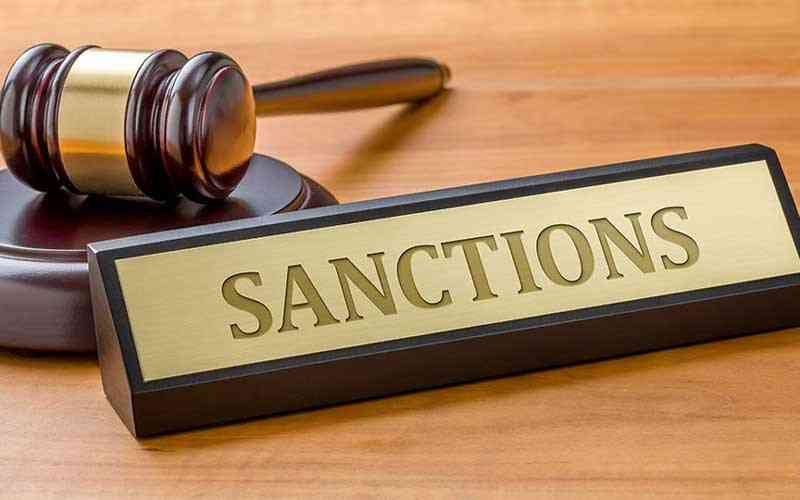
UNITED States (US) and United Kingdom (UK) yesterday rubbished anti-sanctions marches that took place on Tuesday, saying the demonstrations will not jolt them into removing them until there is rule of law and democracy in the country.
The Southern African Development Community (Sadc) Anti-Sanctions Day was held on Tuesday in solidarity with the Government of Zimbabwe to force the US and UK to remove the sanctions imposed in 2001 following chaotic and bloody invasions of white commercial farms.
But the US and UK governments said the conditions for their removal included the Zanu PF-led government stopping corruption, human rights violations and bad governance.
Yesterday, the UK government told NewsDay that the sanctions are only targeted at five Zimbabwean officials and one entity for human rights violations and serious corruption.
The five individuals are Owen Ncube, Isaac Moyo, Godwin Matanga, Anselem Sanyatwe and Kudakwashe Tagwirei and the entity is the Zimbabwe Defence Industries.
“The measures do not affect trade or economic development. Trade between the UK and Zimbabwe was US$175 million last year. These targeted designations hold to account those responsible for the worst human rights violations against the people of Zimbabwe since President Emmerson Mnangagwa took power in November 2017.
“This includes a State-sponsored crackdown against protests in January 2019 that resulted in the death of 17 Zimbabweans and post-election violence in August 2018 in which six protesters lost their lives. Contrary to claims by those who seek to stop institutional reform and respect for human rights in Zimbabwe, these sanctions will not deter investment into the country. Instead, UK investors repeatedly highlight three concerns that prevent them from investing in Zimbabwe and that is a poorly-managed currency, arbitrary (abuse of) property rights and the legal system.”
The UK said it would support Zimbabwe through aid programmes that tackle poverty, protection of human rights, post COVID-19 recovery and others.
- Backlash over ZEC’s huge 2023 poll fees
- Yadah finish Chibuku Cup on a high
- Zimbabwe has much to learn from Rwanda’s progress
- Yadah finish Chibuku Cup on a high
Keep Reading
The US also said sanctions would only be removed when their intended goals were achieved.
“With respect to our Zimbabwe sanctions programme, we are targeting individuals and entities who have been actively involved in actions that violate rights of individuals, who have facilitated corruption, and who undermine democracy. And our sanctions impose a cost on their behaviour,” the US Department of State Sanctions Co-ordinator said.
“The ultimate goal of our sanctions is not to punish these individuals, but to bring about a positive change in behaviour, and of course to support our policy objectives within the broader framework of the US government strategy.”
The US said the sanctions were targeted, and not meant to harm the Zimbabwean economy.
“Earlier this year we delisted 11 people, and we are continuing to look carefully at the programme… We aren’t stopping certain kinds of transactions. We’re aware that because of the depth of the problems and the duration of this programme, there probably are a lot of companies which believe that doing business in Zimbabwe is just too difficult.”
The US said the economic decay in Zimbabwe was a result of mismanagement and corruption.
“….We want legitimate businesses to be able to do legitimate business in places, and that includes Zimbabwe,” the US added.
Business tycoon Kudakwashe Tagwirei is accused of profiting from misappropriation of property when his company, Sakunda Holdings, redeemed government Treasury Bills at up to 10 times their official value. The UK government alleges that his actions accelerated the devaluation of Zimbabwe’s currency, increasing the price of essentials, such as food, for Zimbabwean citizens, a development which culminated in human rights violations.
- Follow us on Twitter @NewsDayZimbabwe










